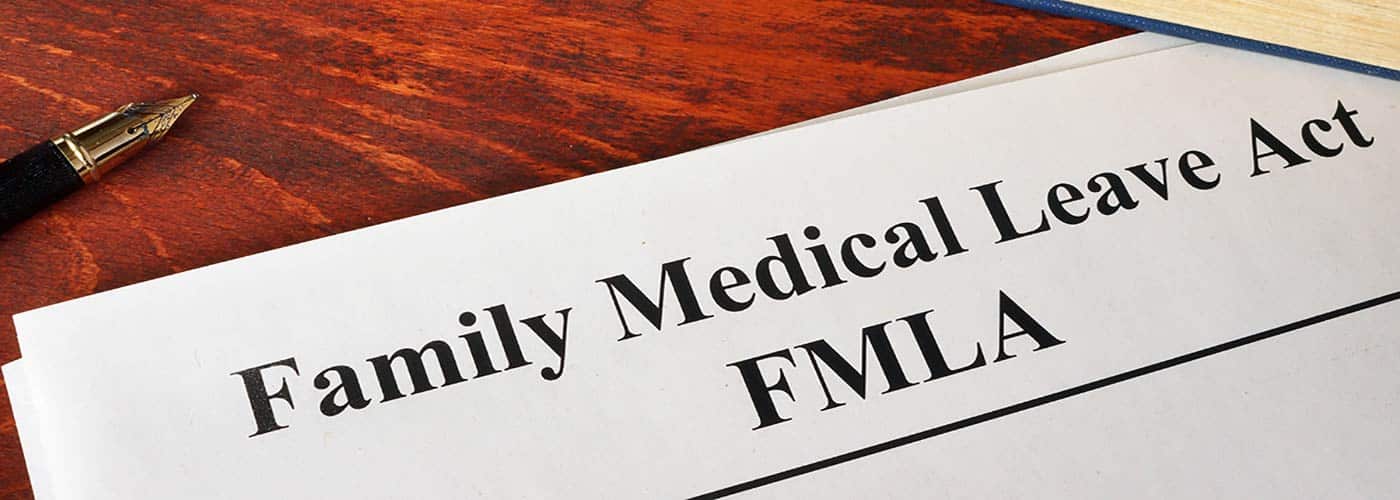According to the United States Department of Labor, taking a leave of absence for a serious health condition is acceptable when certain conditions are met. Drug addiction and alcoholism are recognized as serious medical illnesses, and they are covered by the Family and Medical Leave of Absence (FMLA) Act. However, FMLA leave must be approved by a doctor who recommends inpatient addiction treatment. Absence is not allowed in the case of drug use – only for the completion of a treatment program.
For example, someone who cannot function normally because they are using heroin daily will not qualify for an excused medical leave. If a doctor recommends addiction treatment for a heroin addict who then enters rehab, the time spent in rehab will be excused and covered under the act. It is also important to note that by law, the employer cannot take action against the employee for choosing to take advantage of a medical leave of absence for substance abuse treatment.

Garden State Treatment Center and FMLA
This doesn’t mean that those who engage in substance abuse are protected – it does not necessarily ensure job security. In many cases, employers will have strict rules stating that any employee who is found to be abusing chemical substances will be terminated. This is especially true in the education industry. Teachers who are found to have been abusing substances (especially on school grounds) will likely be terminated. At Garden State Treatment Center we understand how difficult and frightening it can be for teachers to open up about their struggles with alcoholism and drug addiction.
Admitting a problem with drugs and/or alcohol is difficult for everyone; it can be especially difficult for those who work in a career where they fear judgment or ostracization. You may be concerned that you’ll lose your job in the education industry for good if you admit that you need treatment and ask your superiors to take a leave of absence. It’s important to understand that nothing is stating that you need to disclose your reasoning behind taking advantage of the FMLA Act. At Garden State Treatment Center we work hard to protect your confidentiality – and your career.
Teachers and Self-Medication
As it stands, being a teacher is truly one of the most trying and important career paths available. Teachers are generally underpaid and overworked, and they dedicate their lives to helping others and educating students during their most formative years. Teachers live under an extreme amount of stress. They are constantly concerned with disruptive or troubled students, angry parents, ongoing budget cuts and constantly changing policies.
It can be quite a lot to deal with, and it isn’t uncommon for educators to turn to self-medication (through substance abuse) to cope with the overwhelming amounts of stress they face on a day-to-day basis. A 2014 poll conducted by The British Association of Teachers and Lecturers found that 80 percent of education specialists felt immense stress while they were at work. If you are a teacher and you’ve been struggling with substance abuse, you are not alone.
We Are Here to Help Teachers with Addiction Problems
Our goal at Garden State Treatment Center is to help school teachers who are struggling with addiction find the best course of action for their specific needs. We are extremely experienced in dealing with the FMLA Act and how it can potentially benefit different people, and we want to do everything in our power to help you make the right decision for you. It is important to note that the act doesn’t just cover those who are personally struggling with alcoholism or drug addiction.
It also helps those who are caring for an addicted family member. If you are a teacher and you are looking to overcome an addiction of your own or help a loved one to overcome an addiction, there are resources available. To learn more about the FMLA Act or to learn about how it can work in conjunction with our personalized and comprehensive program of addiction recovery, please give us a call today. We’re looking forward to speaking with you and helping you get started on the very first step to your unique journey of recovery.
Published on: 2020-04-05
Updated on: 2024-02-16



